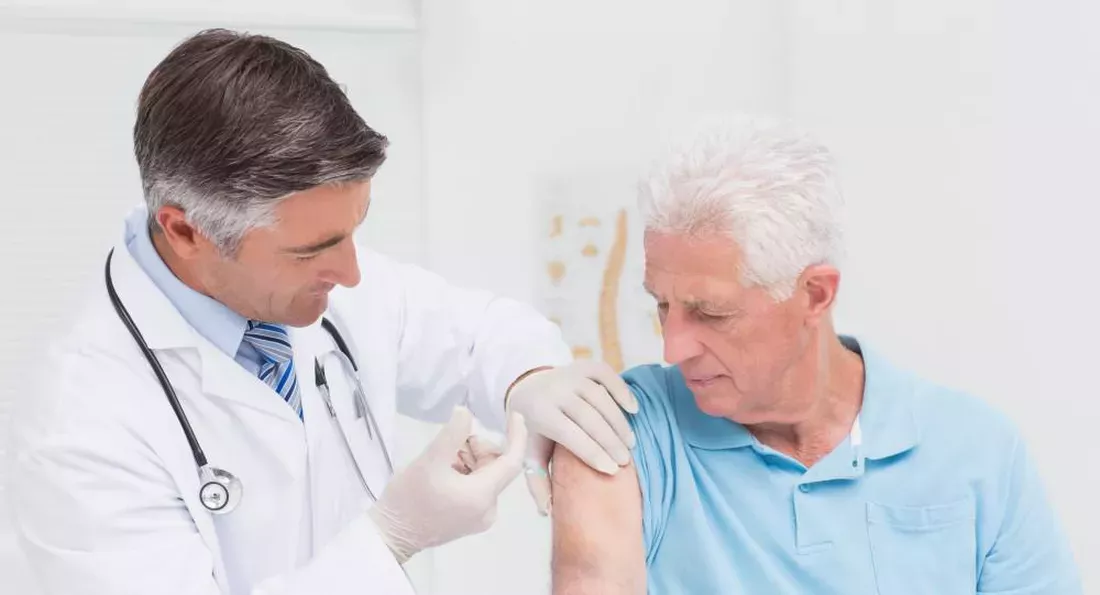Scheduling a shot may not sound like a great item to add to your calendar. However, keeping your vaccines up-to-date is an important part of protecting your health. Here’s why.
Vaccines, or immunizations, are a way to prevent catching a serious infectious disease or diminishing the severity of symptoms if you do get one. However, each year, thousands of adults in the United States end up in the hospital with vaccine-preventable diseases because their vaccines aren’t up-to-date.
At Houston Medical-Mental Health Clinic in North Houston, Texas, Doctor of Nursing Practice Lucas Egebe and his team are committed to ensuring all their patients are up-to-date on their vaccines by providing a wide range of immunizations. If you don’t know your vaccine status, or if you’re missing one or more essential vaccinations, here’s what you need to know.
Vaccines are for children, right?
Yes, there’s an extensive schedule for vaccinations for newborns and children, which start with the hepatitis B vaccination before your child even leaves the hospital. However, adults may also require vaccinations for several reasons:
Your vaccination record is your history of every vaccine you’ve had as a child and as an adult. If you don’t have it at hand, ask your parents, previous doctors, or your state health department to provide you with the information. If you can’t obtain it, speak with Dr. Egebe to find out if you should get any immunizations again to be properly covered.
How do vaccines work?
A vaccine works by triggering a response from your immune system, the body’s defense mechanism. It’s constantly on the alert for invading pathogens, producing antibodies to attack and kill those pathogens. Once it’s encountered a specific type of invader, it retains a “memory” of that invader by keeping a copy of the specific antibody. If the pathogen attempts to invade again, your system mounts a full-blown defense against it, keeping you healthy.
A vaccine uses a killed or crippled version of the pathogen to trigger a small response from your immune system, providing it with all the information it needs to create antibodies without your body suffering the disease. Because it retains a memory of the experience, if you should encounter the disease for real in the future, your body can mount a defense and keep you safe.
What vaccines you need and when
To determine if your vaccines are up-to-date, you need to know the vaccine schedule for adults. The Centers for Disease Control and Prevention (CDC) provides a complete vaccine schedule and recommends the following:
The CDC also recommends other vaccines like hepatitis A, meningococcal, and Haemophilus influenza type b (Hib) for adults who are at-risk because of their job, overall health, or lifestyle.
Starting in the winter of 2019, a new coronavirus emerged, called the SARS-CoV-2 virus. It causes COVID-19, a potentially fatal respiratory disease. A vaccine, using genetic material from the virus instead of the virus as a whole, was developed in near-record time. The first of multiple versions was deployed for adults under emergency use authorization by the Food and Drug Administration on December 11, 2020; since then, the FDA has approved multiple versions for children and even infants.
Companies are now working on what may become annual boosters (like the flu shot) to counteract the effects of new virus variants. If you aren’t vaccinated against SARS-CoV-2, or if you need a booster, we can help.
Are your vaccines up-to-date?
The only way to know if your vaccines are up-to-date is to have your vaccination card and/or ask your doctor. If you can’t find your records, we can perform blood tests to measure the presence of antibodies in your system against the various diseases for which you need protection. If your test is positive, it means you have antibodies against the disease and are therefore protected. If your test is negative for certain antibodies, we can vaccinate you against those diseases.
Your health is too important to leave to chance, and keeping your vaccinations up-to-date is one way to prevent illness. To learn more, or to find out your vaccination status, call Houston Medical-Mental Health Clinic at 346-241-1990, or book your appointment online today.

